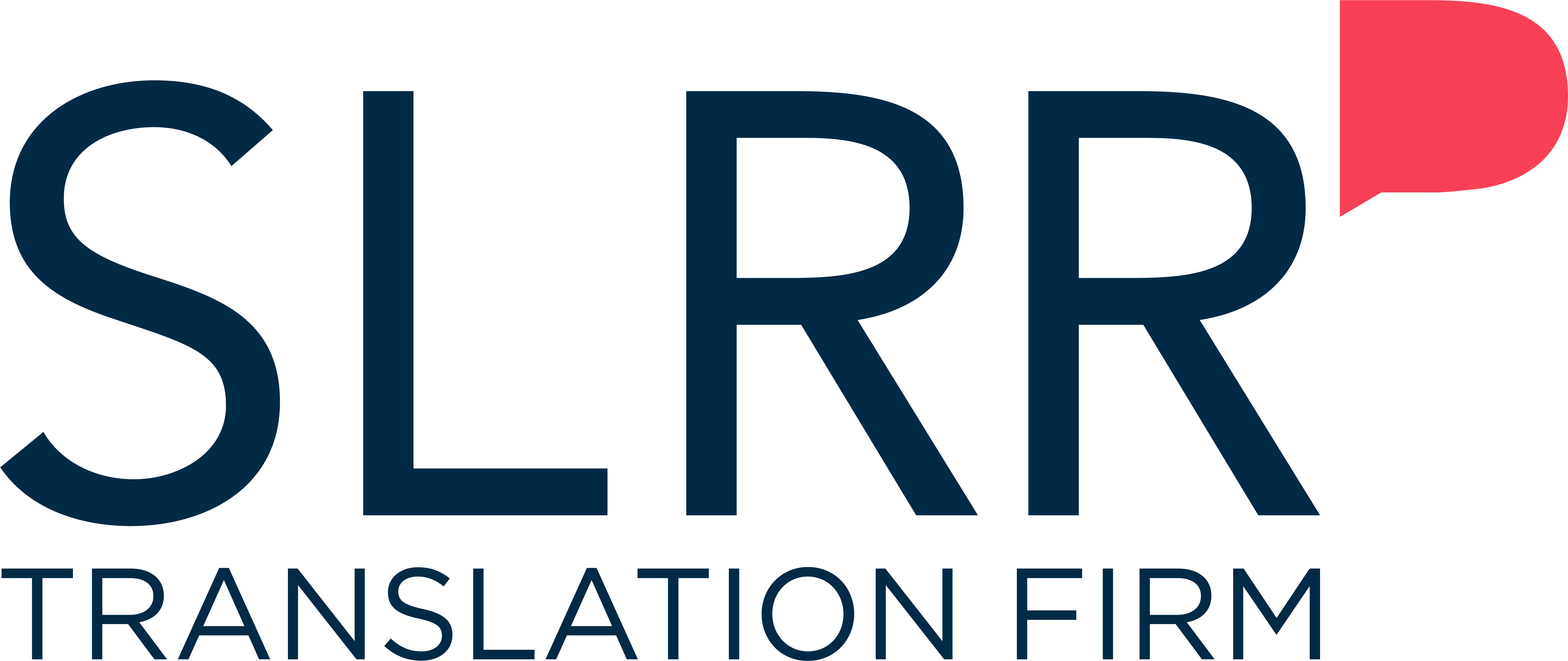
Information and communications technologies (ICT) are omnipresent in our daily lives. This is a sector that evolves quickly and has many needs in terms of technical translation. Here are the 5 essential elements of a specialized technical translation service in this field:
Specialized translators
There are many types of technical documents in the ICT field. For example, there are instruction manuals, installation and maintenance guides, user interfaces for software and applications, technical specifications, and online aids. For all these texts, the technical translation service must rely on translators who are familiar with the field and its concepts. These technical translators have to stay on top of the latest developments in the sector, which sometimes appear at a dizzying pace.
The right terminology
In the ICT field, the terminology evolves just as quickly as the technological innovations emerge. That’s why technical translators have to know how to conduct research efficiently to find the right terms to use and to properly convey the meaning of the original text. Some ICT companies also have their own specific terminology. In these cases, a glossary adapted to the client can be an extremely useful tool for the technical translation service.
Clear, accurate, and concise translations
Technical translation requires a great deal of precision; otherwise, the translated texts will be totally useless to the people who read them. The technical translation service must also strive to produce clear and concise translations that will be understood by the readers at first glance, whether they’re IT experts or users. To ensure this, the technical translation service will submit all translations to a rigorous quality control process.
Proper adaptation
Not all texts are created equal in the ICT field. Some are intended for engineers and require the use of very precise terminology. Others, however, are intended for the general public (for example, the users of a program or device). The technical translation service must adapt their approach based on the target audience. Another important aspect of translation in the ICT field is localization – that is, the adaptation of the text to the specifics of the local market.
Collaboration with the client
It’s essential for the client to collaborate with the technical translation service so that the translations produced are suited to them. For example, the translation of operating systems, software, and applications creates specific needs. In such cases, it’s hard for the translator to translate “in the void” without seeing how the system in question works. Ideally, the client will give the translator access to the system so that they can browse through the different screens and understand what each expression means in context. If this is impossible, the client can send screen captures to provide visual references to the translator.
Are you working in the ICT field and looking for a technical translation service to meet your needs? Contact SLRR Translation Agency to learn more.




